The 11th Xiangshan Military Forum with the main theme “Building Peace Together, Sharing the Future” took place in Beijing, China from September 12-14. General Secretary and President of China sent a congratulatory letter to the opening ceremony of the Forum.
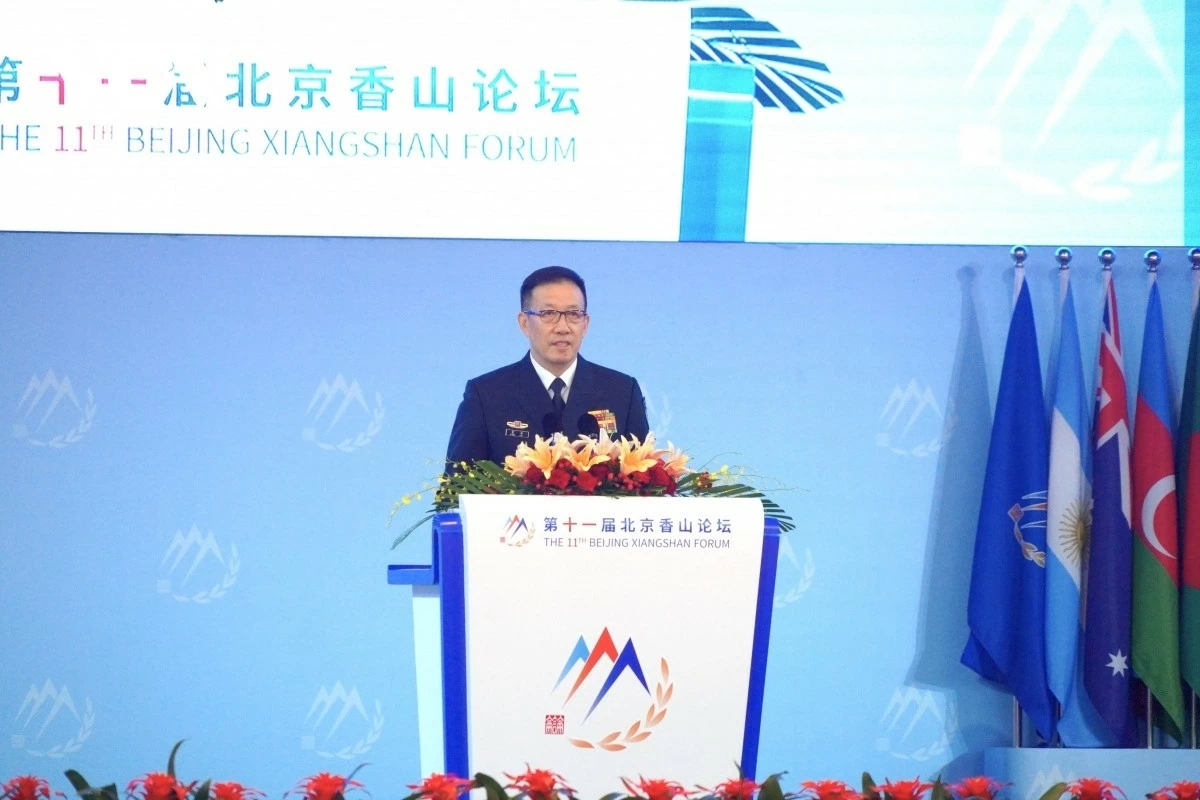 |
| Chinese Defense Minister Dong Jun delivered the opening speech at the Forum. (Source: |
According to Chinese media, the theme of this Xiangshan Forum is to "Establish an important forum to promote the implementation of the Global Security Initiative and build a community with a shared future for mankind". The forum focuses on issues such as encouraging relevant parties to increase equal exchanges and cooperation, initiating a new type of security path, enhancing dialogue rather than confrontation, making friends rather than allies, and achieving mutual benefit rather than equal gains and losses...
The American factor
On the eve of the Forum, the People’s Liberation Army Daily of China published an article on the Xiangshan Forum on September 9, indirectly stating that the US is a factor causing instability and unpredictability for security in the Asia-Pacific region. The article said: “The overlap between geopolitical tensions and economic developments has affected the development environment and cooperation structure of the Asia-Pacific region.
The impact of the Cold War mentality, hegemony, unilateralism and protectionism on the peaceful development of the Asia-Pacific region is gradually emerging. The moves to escalate geopolitical rivalry have increased regional insecurity, and divisive and confrontational words and actions have eroded the basis for cooperation. This security-oriented approach is adding obstacles to normal economic cooperation.
Meanwhile, Bonnie Glaser, Executive Director of the Indo-Pacific Program at the German Marshall Fund, also said that China views the US alliance in the Indo-Pacific region as a “legacy of the Cold War.” With that in mind, he said: “The theme of this Xiangshan Forum seems to be to promote China’s vision of a revised security architecture. In which Beijing will benefit.”
According to Xinhua News Agency, as of September 3, more than 500 delegates from nearly 100 countries and international organizations, along with more than 200 Chinese and foreign experts and scholars, attended this year's Xiangshan Forum.
Derek Grossman, a senior defense analyst at the RAND Corporation, one of the foreign experts and scholars invited to attend the Xiangshan Forum this time, commented: "The main purpose of the Xiangshan Forum is to explain China's view of the world... The implication of this view is that the US is the main source of turmoil in the region."
China has repeatedly criticized the US military deployment in the Asia-Pacific region, including the deployment of long-range missiles in the Philippines and arms sales to Taiwan (China). In a speech at the 2023 Xiangshan Forum, Vice Chairman of the Central Military Commission Zhang Youxia indirectly criticized some countries for deliberately causing chaos and interfering in the internal affairs of others.
Cooperation in competition
Despite this, the United States continues to use mechanisms, including the Xiangshan Forum, to maintain communication with the People’s Liberation Army (PLA). The US Department of Defense confirmed that Michael Chase, Deputy Assistant Secretary of Defense for China, Taiwan, and Mongolia, will represent the United States at the forum.
Although Michael Chase is a more senior representative than the US representative attending the Xiangshan Forum in 2023, his position is on par with the Pentagon representative attending previous forums.
In 2023, Xanthi Carras, the country director for China at the Office of the Deputy Secretary of Defense, represented the United States at the 10th Xiangshan Forum. Derek Grossman, a senior defense analyst at the RAND Corporation, told voachinese.com that he did not expect much from the outcome of this forum. “I do not expect any policy breakthroughs,” he said. “Because the U.S. government usually sends a low-level delegation, and countries that have friendly relations with the United States do the same. So, in fact, this forum is a forum where China and its friends, including Russia and Pakistan, are the focus of attention.”
Although Grossman is not optimistic about the outcome of the Xiangshan Forum in easing US-China tensions on some issues, he still believes that contact and exchange between the US and Chinese militaries are very important for resolving possible security crises in the future. “Because in the context of a crisis, if the exchange is effective, it will be very meaningful. The US and China both possess nuclear weapons, both countries are facing serious challenges… Both sides need to learn about each other and take some measures to build trust,” he said.
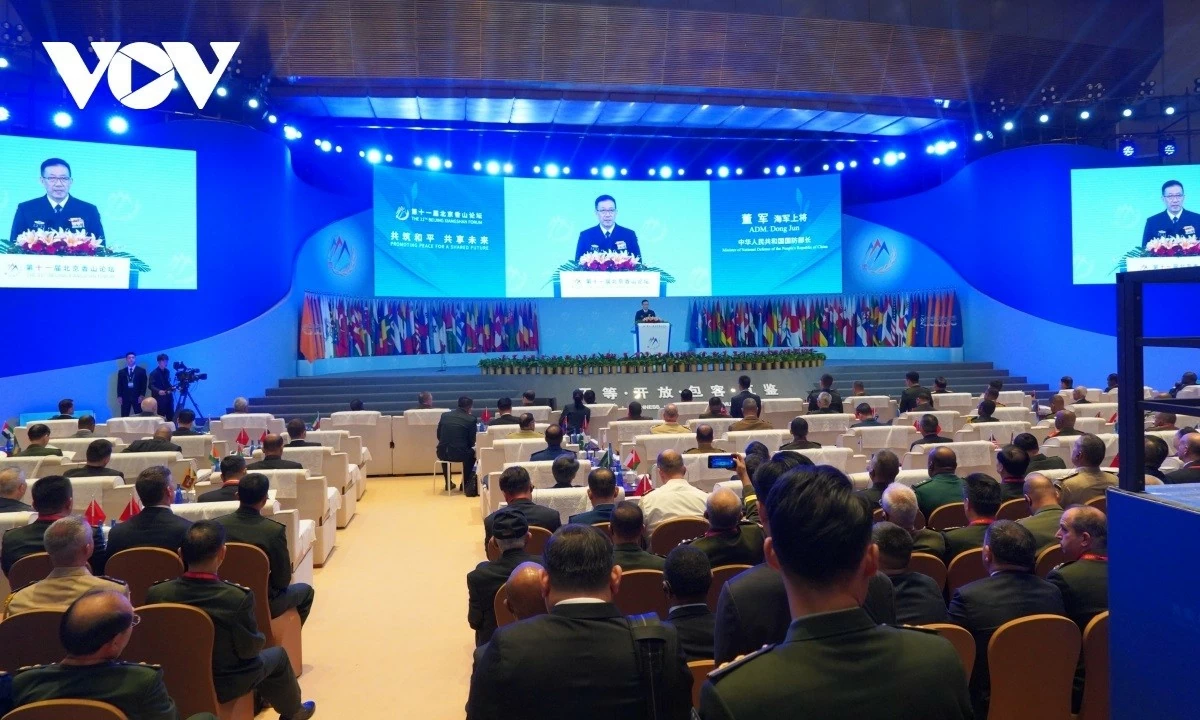 |
| The 11th Beijing Xiangshan Forum opened in Beijing on September 13. |
"Multipolarization"
Before the Xiangshan Forum, Wu Yanan, Commander of the PLA Southern Theater Command, had a phone conversation with Samuel Paparo, Commander of the US Indo-Pacific Command, on September 10. In November 2023, the heads of state of the US and China will meet in the US. In the field of military security, China and the US agreed to resume high-level exchanges between the two militaries, hold a meeting of the US-China maritime military security consultation mechanism, and hold a phone conversation between the theater-level leaders of the two militaries.
When evaluating the phone call between Ngo A Nam and Samuel Paparo, Lionel Fatton, associate professor of international relations at Webster University Geneva, said that this phone call is very important because the Southern Theater Command is in charge of the East Sea area, in the context of tensions between China, the Philippines and other countries in this important sea area that have yet to be resolved.
The 2024 Xiangshan Forum has four themes: Security cooperation and maintaining stability and prosperity in the Asia-Pacific; towards multipolarization and international order; the Southern Hemisphere and a world of peaceful development; and governance of international mechanisms and global security.
According to Lionel Fatton, the “multipolarization” that became one of the themes of the forum explained China’s view of the current international security situation. “The fact that China convened a plenary meeting to discuss multipolarization means that the world is changing and the US is showing signs of weakening. China is one of the factors that created this weakening of Washington, so it has to find a new way of operating to manage major power relations,” he said.
The Xiangshan Forum was initiated by the China Association for Military Science (CAMS) in 2006 as a Track 2 scholarly forum for dialogue on security issues in the Asia-Pacific region. The Forum was developed into Track 1.5 at the Fifth Forum held in 2014. Since then, the Forum has begun to have broader participation of defense and military leaders of countries, heads of international organizations, former politicians and retired military generals, as well as prominent scholars from within and outside the Asia-Pacific region. Since 2015, the Xiangshan Forum has been co-organized by CAMS and the China Institute for International Strategic Studies (CIISS), and was renamed the Beijing Xiangshan Forum in 2018. To date, the Beijing Xiangshan Forum has developed into a high-level security and defense forum in the Asia-Pacific and has increasingly affirmed itself as an important security forum in the region and the world. |
Source: https://baoquocte.vn/diem-chu-y-cua-dien-dan-huong-son-bac-kinh-2024-286161.html








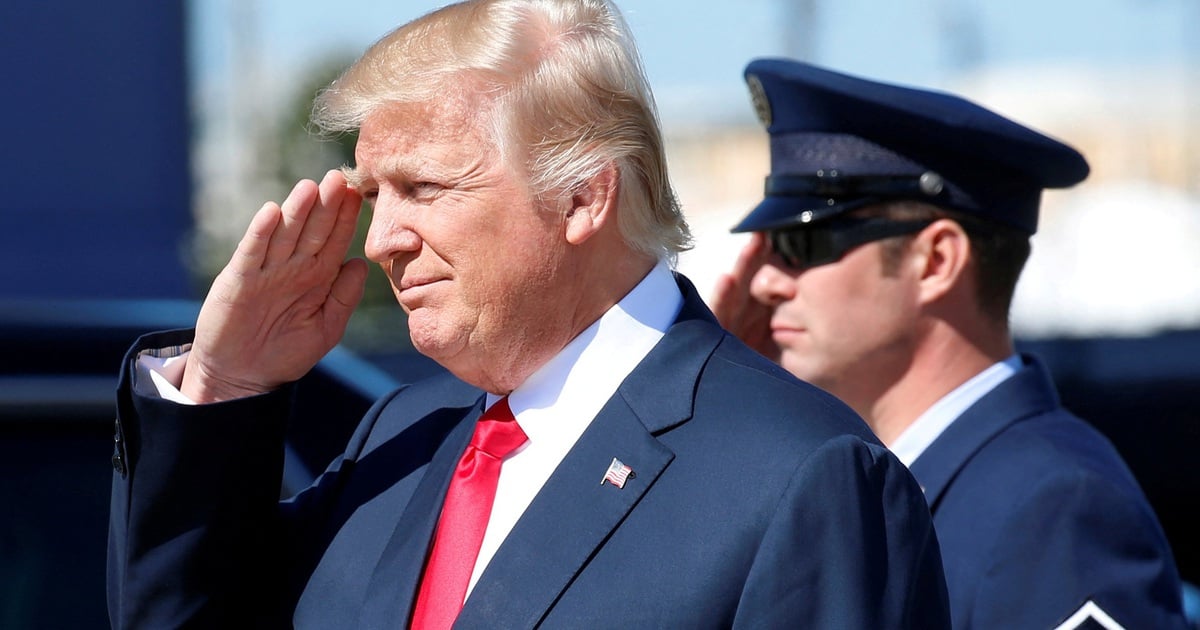

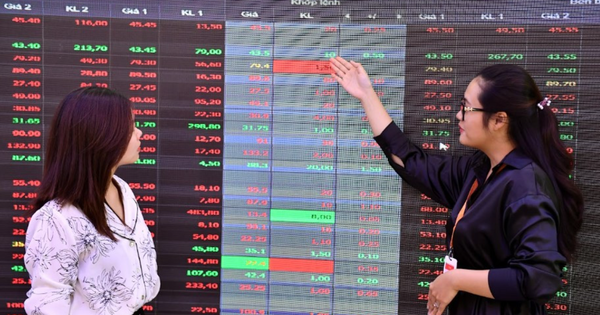

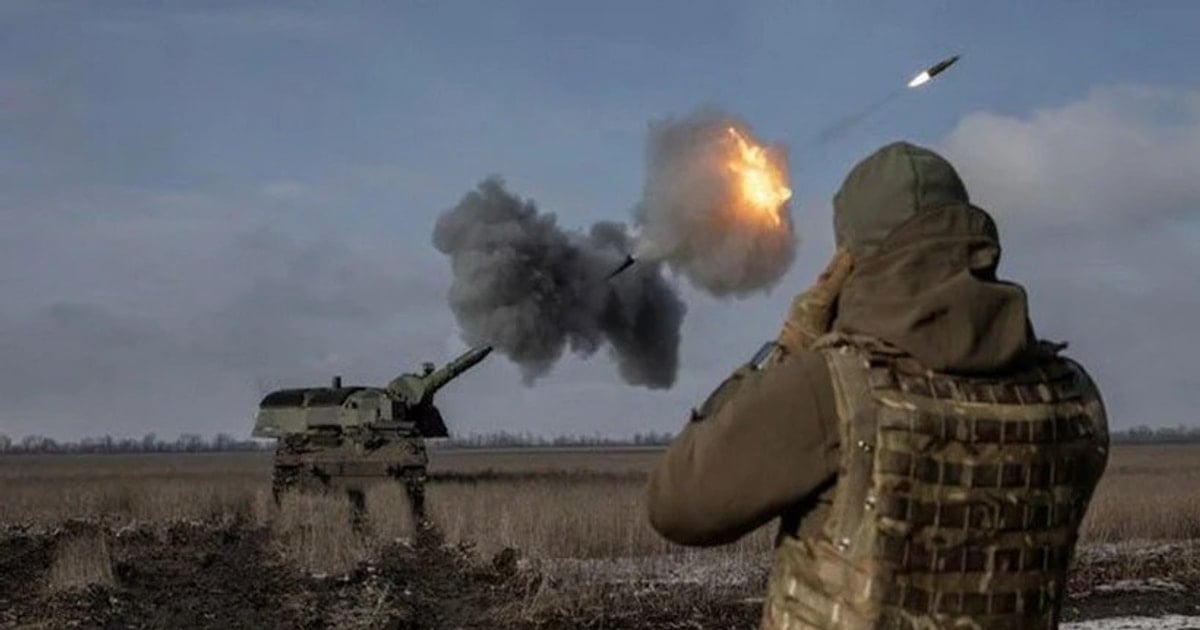

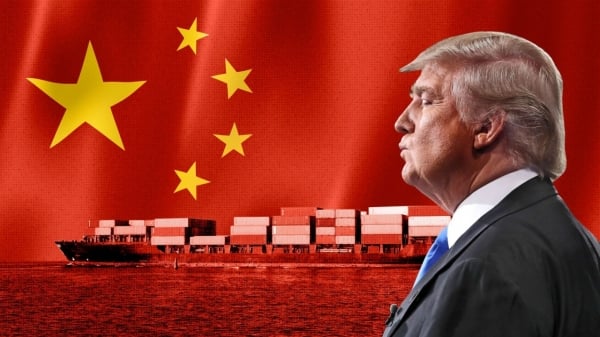

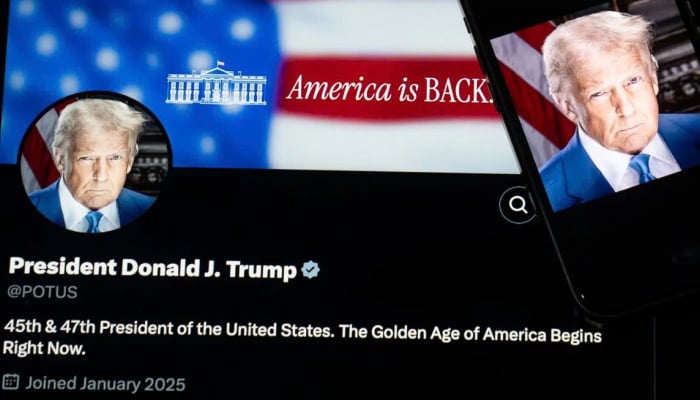

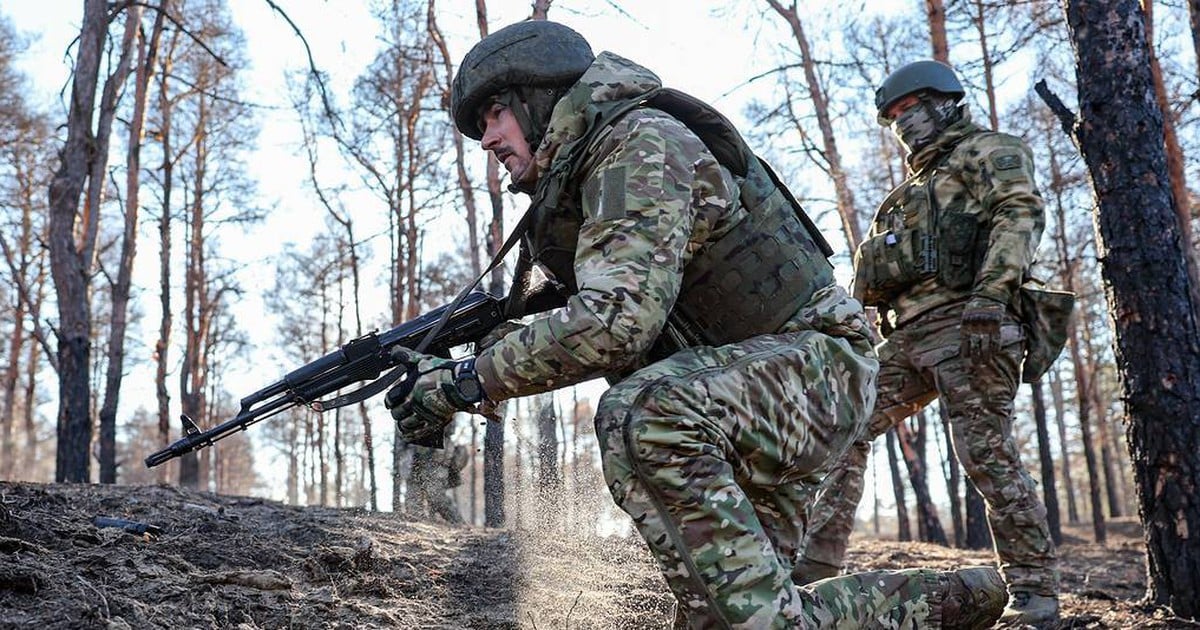
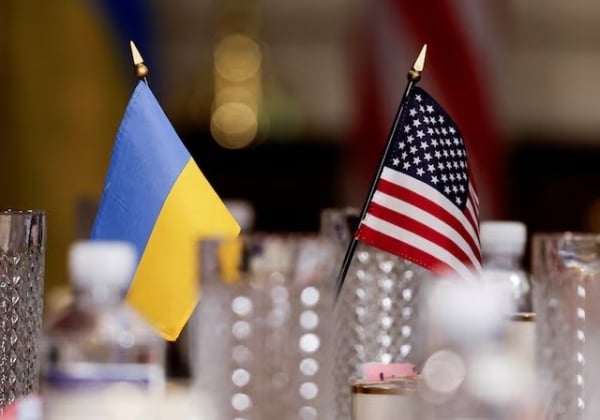
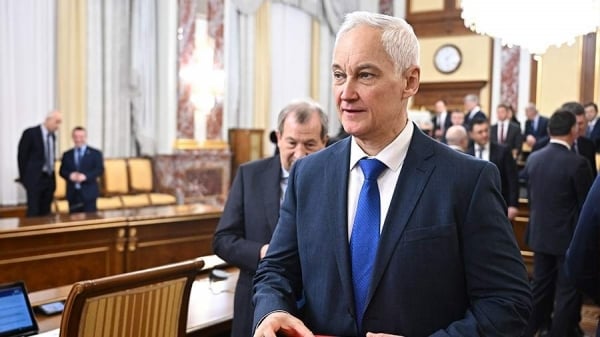
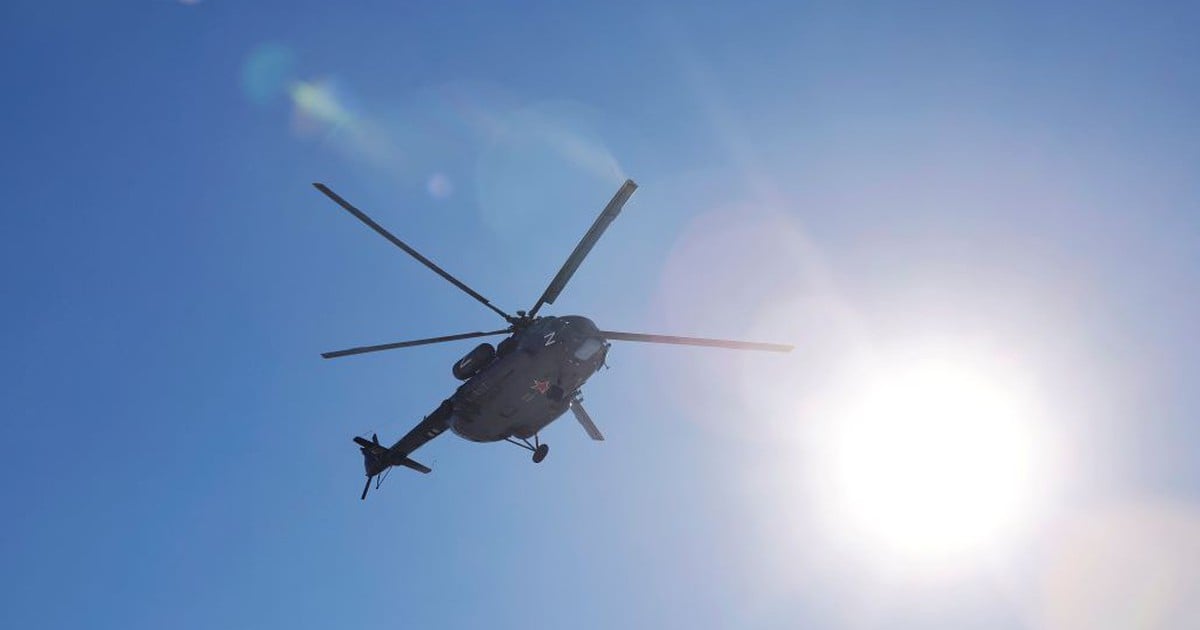
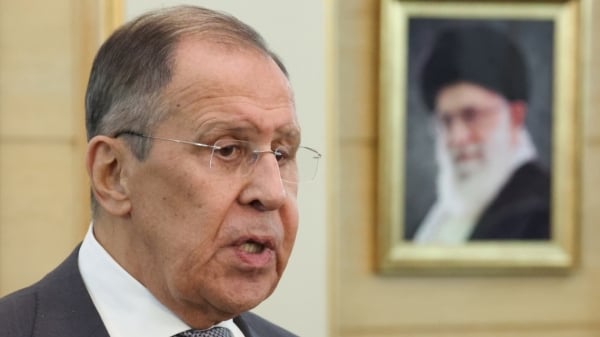



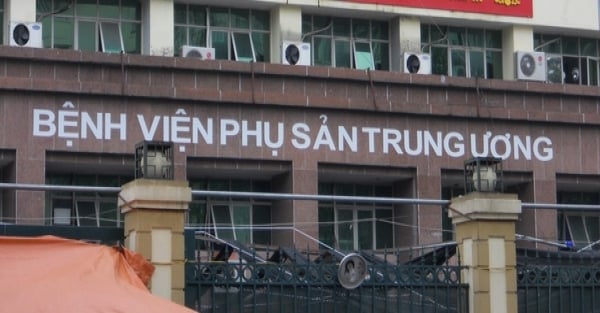
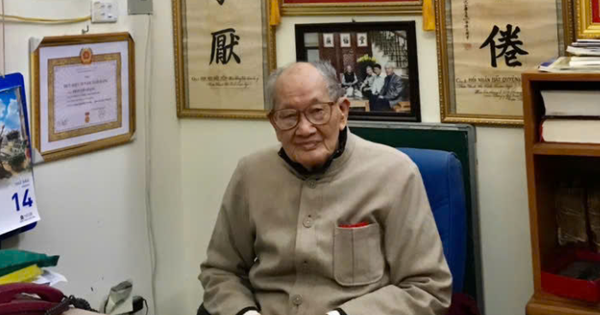









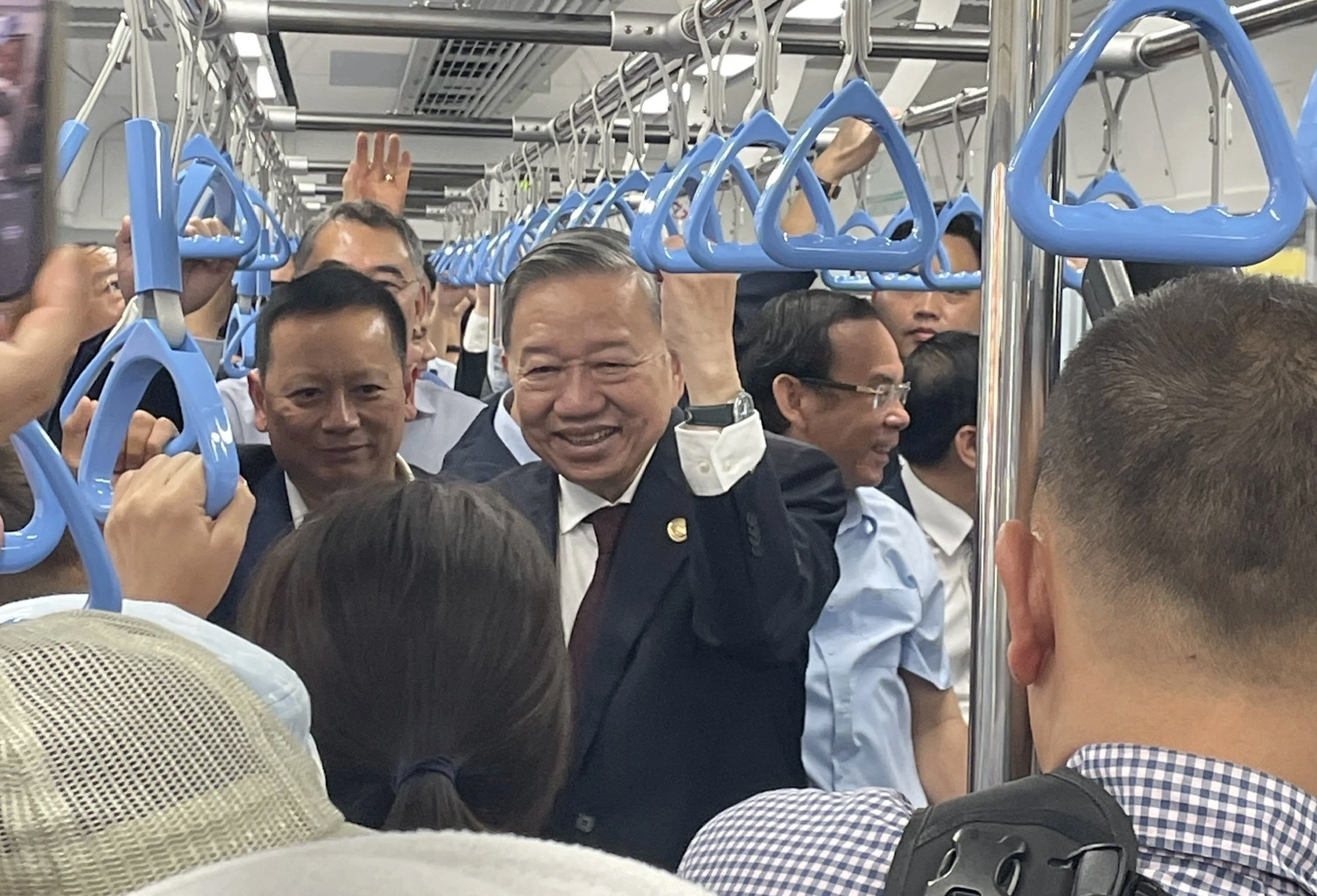

Comment (0)